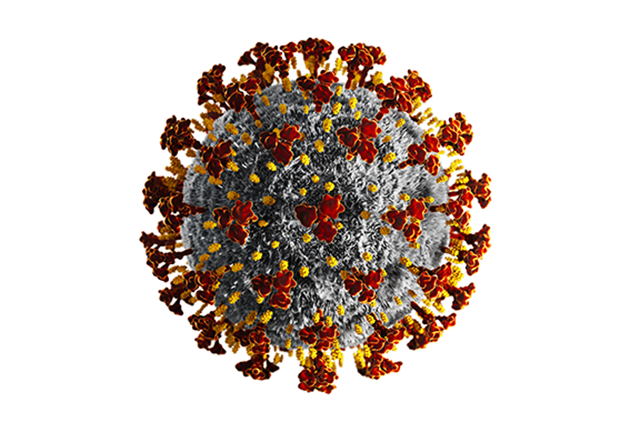Journal of Dental Research publishes Coronavirus guidelines for practices, dental schools

The Journal of Dental Research (JDR) has published a paper written by researchers at Wuhan University School & Hospital of Stomatology with a number of recommendations for dental practitioners and dental students in light of the coronavirus (COVID-19).
The virus that causes COVID-19 has been identified as severe acute respiratory syndrome coronavirus 2 (SARS-CoV2).
“For dental practices and hospitals in countries/regions that are (potentially) affected with COVID-19, strict and effective infection control protocols are urgently needed,” Prof. Zhuan Bian and coauthors stated. “dentists should take strict personal protection measures and avoid or minimize operations that can produce droplets or aerosols. The four-handed technique is beneficial for controlling infection. The use of saliva ejectors with low volume or high volume can reduce the production of droplets and aerosols.”
Prof. Bian and his colleagues have also listed additional recommendations for clinical practice during this outbreak.
During the COVID-19 crisis, dental clinics are recommended to establish pre-check triages to measure and record the temperature of every staff and patient as a routine procedure.
Preoperative antimicrobial mouth rinse could reduce the number of microbes in the oral cavity.
Dental emergencies can occur and exacerbate in a short period of time, and therefore, need immediate treatment. Rubber dams and high-volume saliva ejectors can help minimize aerosol or spatter in dental procedures. The treatment planning of tooth fracture, luxation, or avulsion is dependent on the age, traumatic severity of dental tissue, development of the apex, and the duration of tooth avulsion.
In regions that have been heavily affected by COVID-19, patients waiting in dental clinics should also be provided with medical masks. If aerosol producing procedures are unavoidable, dental practitioners need to wear gowns, facial shields, or goggles.
The paper also gave recommendations for dental education:
During the outbreak period, online lectures, case studies, and problem-based learning (PBL) tutorials should be adopted to avoid unnecessary aggregation of people and associated risk of infection.
Schools should encourage students to engage in self-learning, make full use of online resources, and learn about the latest academic developments.
During this period, it’s easy for students to be affected by disease-associated fear and pressure. Therefore, dental schools should be ready to provide psychological services to those who need them.
Dr. Bian and co-authors urge further discussion and research on how to improve current infection control strategies and how to respond to similar contagious diseases in the future.
Co-owned by the International Association for Dental Research (IADR) and the Americal Association of Dental Research (AADR), The Journal of Dental Research is a multidisciplinary journal dedicated to the dissemination of new knowledge in all sciences relevant to dentistry and the oral cavity and associated structures in health and disease.
Maximizing Value: The Hidden Benefits of Preventing Hospital-Acquired Pneumonia Through Oral Hygiene
September 10th 2024Originally posted on Infection Control Today. Hospital-acquired pneumonia (HAP) is a significant infection prevention concern, leading to high patient mortality, increased health care costs, and ICU usage. Oral hygiene is an effective preventive measure.